eFORT
Establishment of a FramewORk for Transforming current EPES into a more resilient, reliable, and secure system all over its value chain
Overview
eFORT will give a comprehensive picture of the weaknesses and primary threats that the actual EPES faces creating security by designing technologies, strategies, and procedures. With such a strategy, the energy system may be progressively digitalized and decentralized while maintaining supply security, and it will be more reliable and resilient to attacks and natural disasters. By assembling a competitive collaboration of 24 partners from 10 EU countries, eFORT takes on this complex challenge. This consortium offers the necessary competence to develop and implement innovations collaboratively.
Project description
Power blackouts will be much less frequent and last for shorter periods if the grid and communication techniques are strengthened. This will also reduce the severity of disruptive incidents and speed up service restoration when outages occur. Updating an outdated system will not be simple or quick, but it will eventually benefit society and the economy for the upcoming decades.
A number of solutions will be implemented by eFORT, including (i) asset management innovations to increase the reliability of EPES' infrastructure (such as SecureBox, an edge device for security management, TSO-DSO data exchange protocols, IoT security, etc.); (ii) digitalization technologies by implementing digital twins of connected power grids, blockchain for grid resiliency, and automated substations 4.0; and (iii) software tools for more secure data management and operational modes will be incorporated into an Intelligent Platform that can gather data from the field components of the smart grids and use the developed heavy-duty algorithms to address attacks and disruptive events. These tools include self-healing and islanding algorithms, dynamic risk assessments, intrusion detection systems, interactive visualization tools, etc.
The entire EPES value chain will be covered by four eFORT demo cases: (i) a pan-European transmission network (The Netherlands-Germany); (ii) a remote distribution grid in the Sarentino Valley (Italy); (iii) a digital substation in Ukraine; and (iv) a micro-grid in Spain with a high penetration of prosumers and IoT devices. All of these elements will be validated using models and pertinent environments from these. Additionally, eFORT is dependent on some horizontal actions that empower EPES players by creating a uniform regulatory and standardization framework, carrying out in-depth technical and cost-benefit analyses, and assessing new related business models and the potential for replication of eFORT developments.
Intended deliverables
• To provide a deep understanding of the vulnerabilities and risks of the European power grid, both currently existing and arising, in its transition to a more digitalized and decentralized system.
• To develop a robust EPES defense system composed of secure-by-design technologies capable of facing a wide range of potential threats in compliance with real-time requirements.
• To develop a secure grid framework addressing privacy and data management issues.
• To develop operational technologies and strategies aiming at improving grid resilience.
• To carry out a complete demonstration and validation program up to TRL 5-6 in four demo-sites.
• To identify and analyze the potential replication of eFORT solutions considering their cost-benefit analysis and the technical and regulatory obstacles in a large-scale deployment.
• To ensure the exploitation of the eFORT results by developing the corresponding business plans while ensuring the uptake of project results and recommendations by the leading EPES players.
• To raise awareness among public bodies and relevant stakeholders about the benefits and needs of increasing security and resilience in the current EPES across Europe (i.e., protection against extreme weather events and attacks, enhanced maintenance operation, higher energy efficiency, etc.).
Project partners
Fundación CIRCE Centro de Investigación de Recursos y Consumos Energéticos, European Network for Cyber Security Cooperatief UA, TenneT TSO BV, The Netherlands Organisation for Applied Scientific Research, Delft University of Technology, DNV Netherlands BV, RINA Consulting S.p.a., RINA Tech UK Limited (Afiiliated entity RINA-C), DigitalPlatforms S.p.a., SELTA-DP Business Unit, Edyna SRL, Fondazione LINKS – Leading Innovation & Knowledge for Society, Fraunhofer Gesellschaft zur Foerderung der Angewandten Forschung E.V., Montajes Eléctricos CUERVA S.L., Sistemas Informáticos Abiertos, S.A.U., Universidad Pontificia Comillas, Schneider Electric España SA, Joint-stock company Prykarpattiaoblenergo, iSOLUTIONS LLC, UBITECH ENERGY Sprl, Suite5 Data Intelligence Solutions Limited, Hypertech (Chaipertek) Anonymos Viomichaniki Emporiki Etaireia Pliroforikis Kai Neon Technologion, Ethniko Kentro Erevnas Kai Technologikis Anaptyxis, JUST B2B Consulting Group SL, Smart Innovation Norway AS





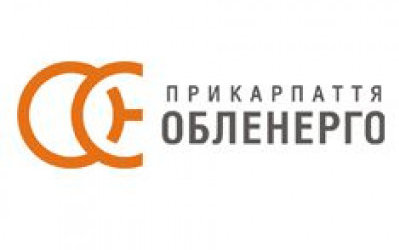
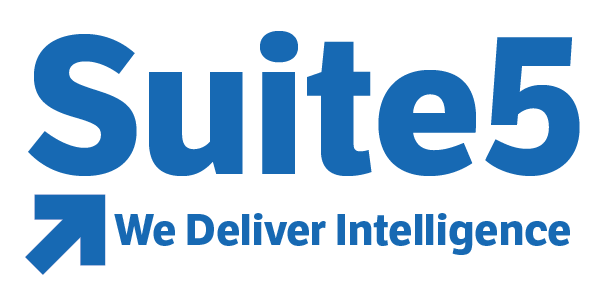
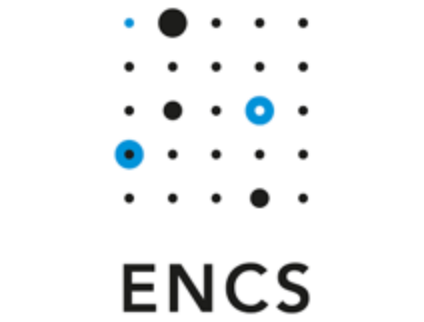
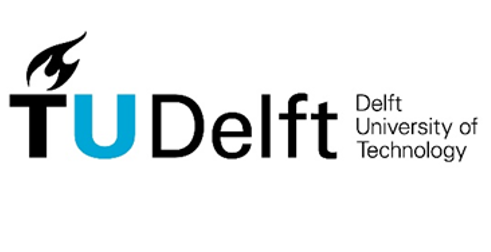

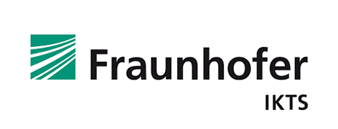
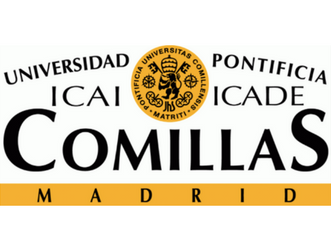





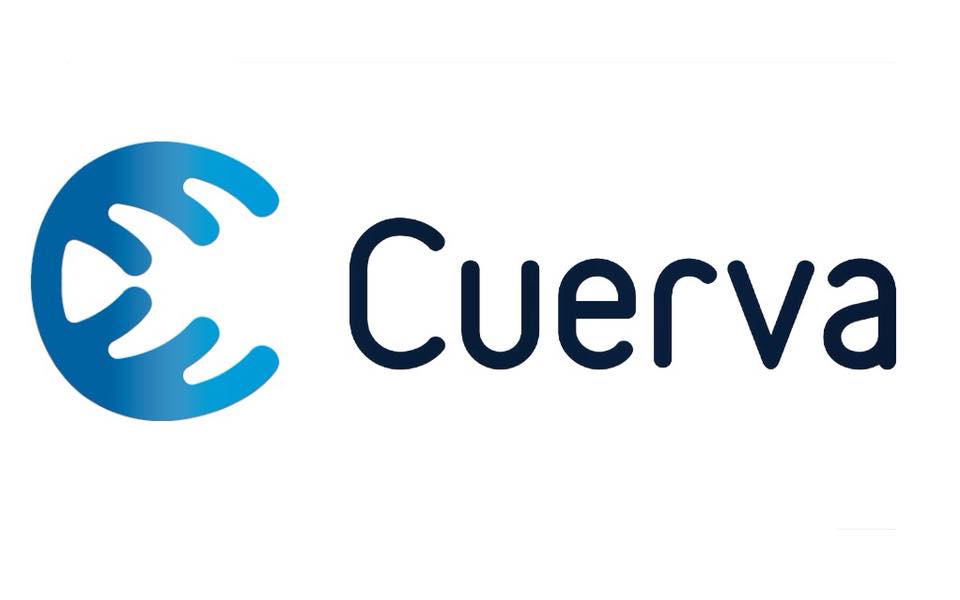



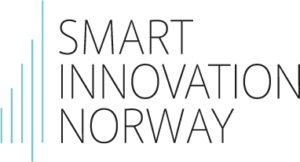
TUD team
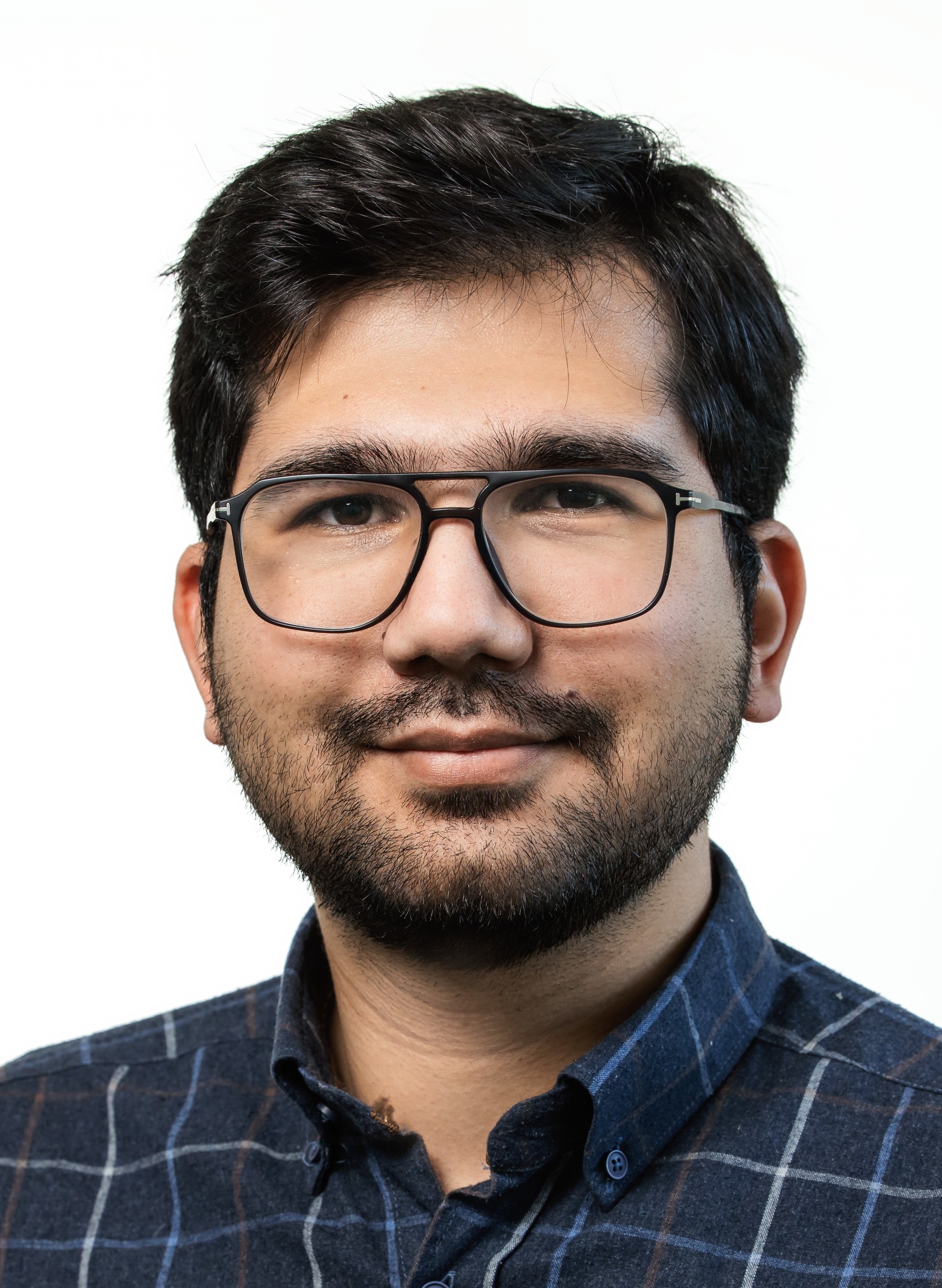
PhD Researcher:
A. (Ali) Mollaiee

PhD Researcher:
M. (Mehran) Hashemian Ataabadi
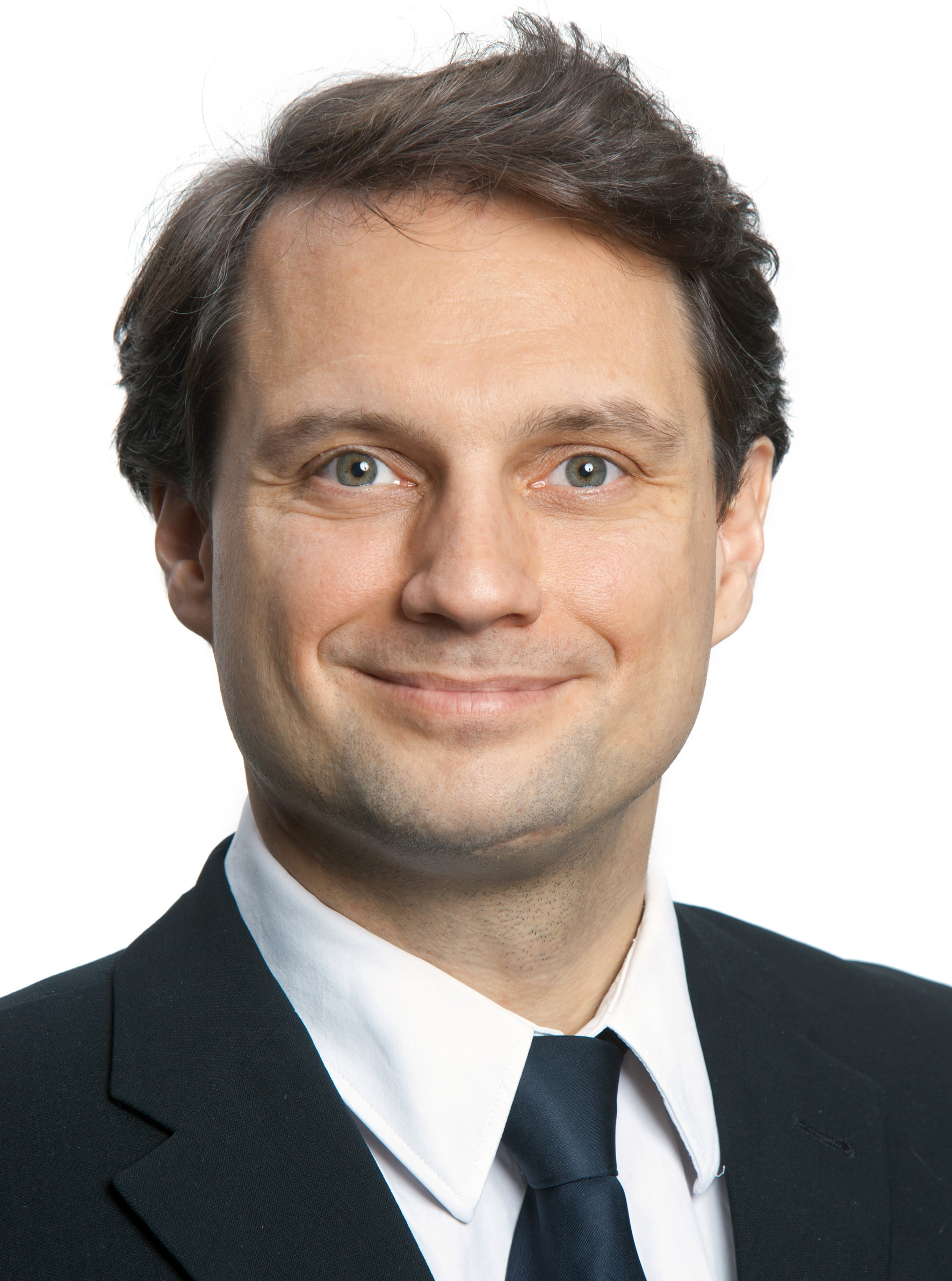
Responsible:
Prof.dr. P. (Peter) Palensky
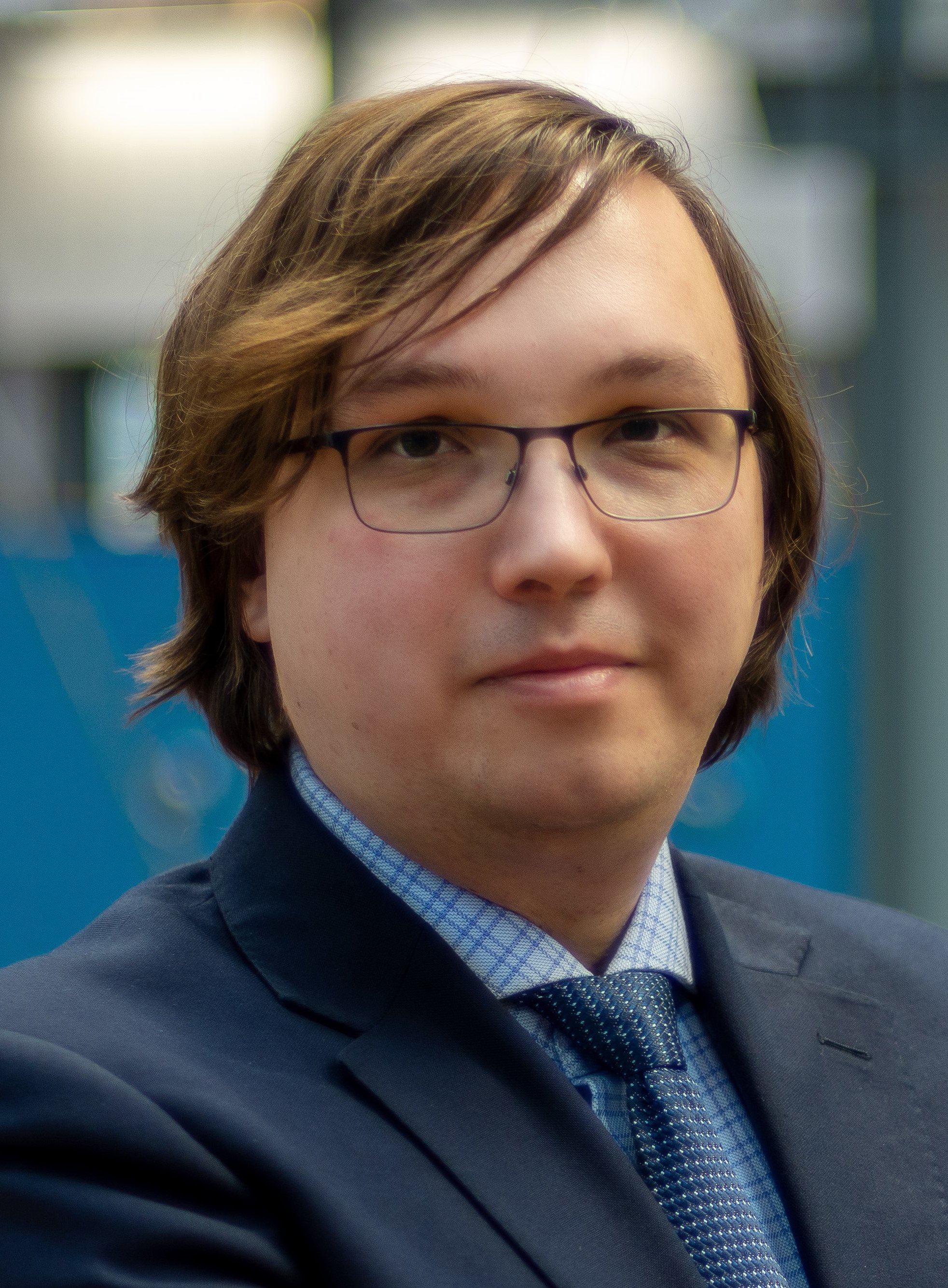
Responsible:
Dr. A. (Alex) Stefanov

A. (Ali) Mollaiee
Ali is a Ph.D. candidate in the Intelligent Electrical Power Grids group at TU Delft. He received his Bachelor's degree in Electrical Engineering (2018) and Master's degree in Power system Engineering (2021) from Urmia University and Shahid Beheshti University, respectively. Ali's previous research was about power system stability and online security assessment. Hence, he has wide-ranging expertise in power system simulation and considerable machine-learning knowledge. His doctoral research is focused on self-healing capabilities in cyber-physical power systems which is part of the eFORT project.

M. (Mehran) Hashemian Ataabadi
Mehran was born and bred in Isfahan, Iran, in 1992. He received the B.Sc. and M.Sc. degrees in electrical engineering-power systems from the Department of Electrical Engineering, University of Isfahan, Isfahan, Iran, in 2015 and 2018, respectively. He is currently a Ph.D. candidate in the Intelligent Electrical Power Grids section (IEPG). His research interests include power grid resilience, power system restoration, and cyber-physical power systems.